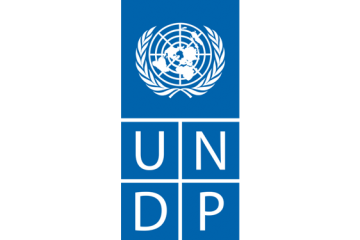Study on the sharing of carbon benefits of seven REDD+ projects Kenya
![]() ENVIRONMENT
ENVIRONMENT ![]() FORESTRY
FORESTRY ![]() TRANSVERSAL
TRANSVERSAL

Services: Strategic analysis and foresight, Monitoring, evaluation and capitalisation
Countries: Kenya
Dates of intervention: 2013/04 - 2013/05
Amount executed: 13 000 €
Total amount of the service: 13 000 €
Main backer: Programme des Nations Unies pour le développement - Client
Main beneficiary: Programme des Nations Unies pour le développement
Support provider: SalvaTerra
Experts: Olivier BOUYER
Certificate of satisfactory executionReport on REDD+ Benefit-Sharing of 7 REDD+ Projects in Kenya
Context of the service
Kenya is actively engaged in the REDD+ mechanism and hosts a number of REDD+ projects. This study on carbon law and REDD+ benefit-sharing included:
- Frame the national reflection in this area, taking into account the international context: reflections on the notions of effectiveness, efficiency and equity, proposals made by the FCPF, UN-REDD, voluntary carbon standards, etc. ;
- Analyze Kenyan policies and laws on land, forestry, decentralization, etc. that may have implications for carbon law and REDD+ benefit-sharing;
- Analyze the carbon rights and REDD+ benefit-sharing arrangements of the seven active REDD+ projects;
- Develop concrete recommendations in terms of carbon law definition and REDD+ benefit-sharing, to feed into Kenya's REDD+ Strategy.
Services provided
After an in-depth analysis of the seven REDD+ projects, concrete recommendations were made on:
- Carbon law. It is defined as an industrial fruit, intangible movable property, whose owner can be identified taking into account land rights, including customary ones, and resource use rights (forest concessions or community forestry associations).
- REDD+ benefit sharing: Clear definition of market and non-market goods and services to be considered; Setting a minimum of 30% of the net environmental benefits to be returned to local communities; Systematic development of a matrix of local actors before any revenue sharing; Definition of the form (in kind, cash, mix of both) and frequency (ex-ante, ex-post, mix of both) of payments; Respect for the principle of Free, Prior and Informed Consent (FPIC).
Summary of the service
Study of carbon rights and carbon benefit-sharing mechanisms in eight REDD+ projects in Kenya: In-depth analysis of projects; Recommendations on the identification of carbon rights (legal status, based on land law and right of use, etc.); Recommendations on REDD+ benefit-sharing (goods and services to be considered, share of local communities, respect for FPIC, etc.)